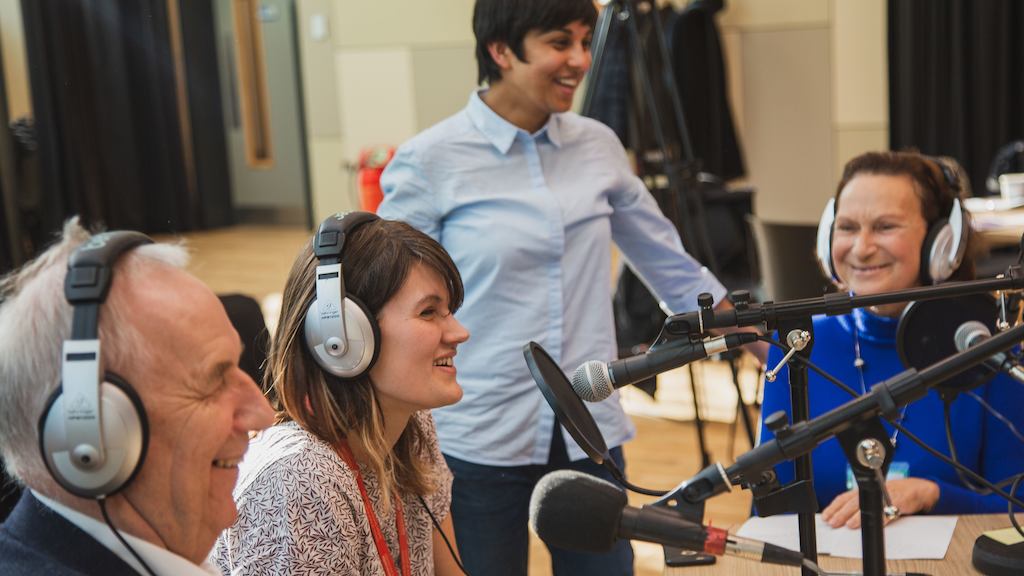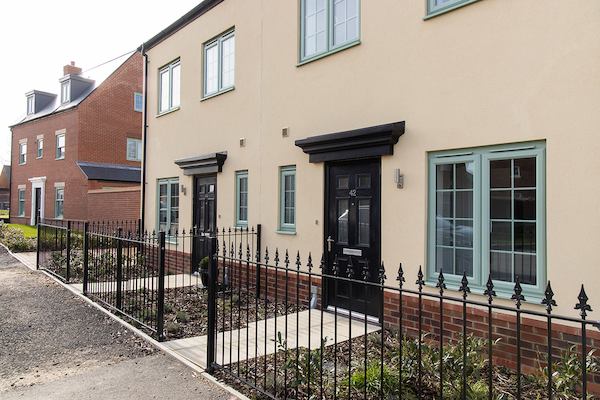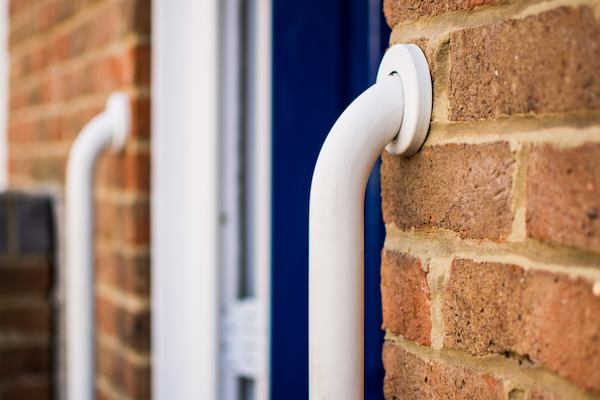Age-friendly case study: Community radio for and by people in later life

This set of case studies highlights four organisations across Age-friendly Communities who have set up radio programmes with and for older listeners.
Although older people make up the majority of radio listeners, they are often under-represented when it comes to creating and producing radio content. Introducing local radio programming created by and for older listeners in communities has been an approach used in Age-friendly Communities to improve communication and information sharing. Where radio is created by older people, the broadcasts serve to strengthen the civic engagement and participation of older people in communities.
Below are four case studies on setting up radio programmes with and for older listeners.
Later Life Audio and Radio Co-operative (LLARC)
LLARC is a national network launched in February 2020 made up of organisations, groups and individuals who share an interest in increasing the representation of older adults in broadcasting. It was co-founded by a unique partnership bringing together older radio show hosts, including the Elders Council of Newcastle, local government, charities and community groups.
The network moves beyond the stereotype of older person’s radio purely being nostalgic programmes. It has a strong focus on civic engagement showcasing older people as creators in a digital space with them leading conversations.
Radio programmes such as these are living out the ambition of age-friendly communities; giving older people agency and enabling older people to make positive contributions to their communities.
It’s driven by older people and is a member-led organisation - that’s why we wanted to be a co-op because it’s equal and democratic.
Older Voices, the Elders Council of Newcastle
Older Voices is a live radio show founded by the Elders Council of Newcastle-upon-Tyne. Older Voices is run entirely by volunteers, most of whom are in their 70s and 80s, and the show recently won an Engagement and Place Award run by Newcastle University.
The show includes interviews with guests, and music, plus regular slots: notices, a poem or story, ‘thought for the fortnight’, green issues, gardening, culture, and suggestions for exercises older people can do at home.
Even with the progress that Older Voices has made in the production of their show, there remain challenges to ensure that community radio like this is accessible. For example, older listeners are less likely than some to be able to listen to the show online, either live or later.
Hackney Social Radio
Hackney Social Radio was set up in 2020 based on an idea by older people in Hackney. Dubbed ‘radio for the young at heart’, this community radio show has been developed with older people for older people, to create a sense of community during the COVID pandemic when face-to-face contact was difficult. The programme aims to engage isolated residents, promote wellbeing and connectivity, and provide entertainment, as well as information about where people can get help and support, and key health messages.
A group of older people from Theatre Exchange met weekly to generate ideas and content for the show, provide presenters, and produce original dramas for the radio programmes. An advisory panel of eight people from Hackney Council, Connect Hackney, and Immediate Theatre was set up to give the project direction and inform the production process.
The success of the project was as much about the skills learned by older residents and their involvement in producing the shows, as it is about the stories about Hackney that they shared with listeners.
I think older people can become invisible, particularly in an area like Hackney which is very young and hip, but actually, they’re busy, active, getting things done, and I think Hackney Social Radio gives them a voice.
Babbers Radio Show
Babbers Radio Show was created with the aim of presenting a positive portrayal of ageing and challenge stereotypes around ageing. The show was broadcast on local community radio station Ujima from June 2015 to August 2020, when the show took a pause. Bristol Ageing Better (BAB) produced a report detailing the successes and challenges of the show, and offering recommendations for others who might be thinking about starting a similar venture.
These included: ask the community what they would like from a radio show, get funding or sponsorship to allow some regular paid hours to support your volunteers, manage volunteers well, build up your listener base, develop relationships with local groups and organisations, make sure listeners can contact you in different ways and take proactive steps to ensure diversity within the volunteer team and the show’s content and guests, so that the show reflects the whole community.


